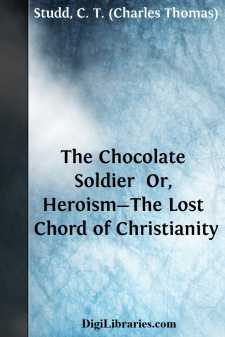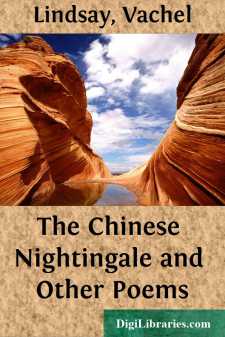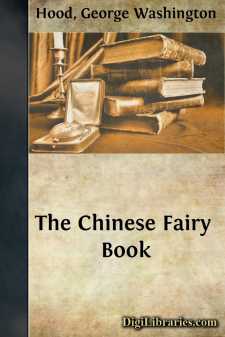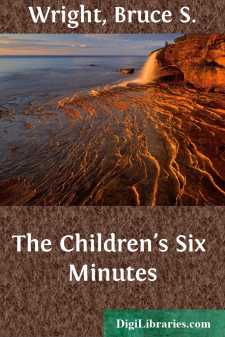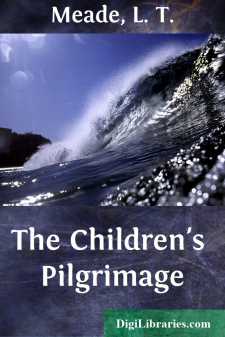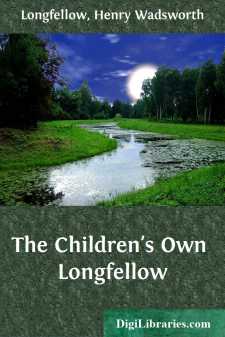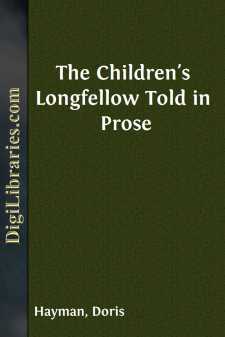Categories
- Antiques & Collectibles 13
- Architecture 36
- Art 48
- Bibles 22
- Biography & Autobiography 813
- Body, Mind & Spirit 142
- Business & Economics 28
- Children's Books 13
- Children's Fiction 10
- Computers 4
- Cooking 94
- Crafts & Hobbies 4
- Drama 346
- Education 46
- Family & Relationships 57
- Fiction 11828
- Games 19
- Gardening 17
- Health & Fitness 34
- History 1377
- House & Home 1
- Humor 147
- Juvenile Fiction 1873
- Juvenile Nonfiction 202
- Language Arts & Disciplines 88
- Law 16
- Literary Collections 686
- Literary Criticism 179
- Mathematics 13
- Medical 41
- Music 40
- Nature 179
- Non-Classifiable 1768
- Performing Arts 7
- Periodicals 1453
- Philosophy 64
- Photography 2
- Poetry 896
- Political Science 203
- Psychology 42
- Reference 154
- Religion 513
- Science 126
- Self-Help 84
- Social Science 81
- Sports & Recreation 34
- Study Aids 3
- Technology & Engineering 59
- Transportation 23
- Travel 463
- True Crime 29
Sort by:
H is the lost chord; the mission note of present-day Every true is a hero! Who has not been stirred to scorn and mirth at the very thought of a Chocolate Soldier! In peace true soldiers are captive lions, fretting in their cages. War gives them their liberty and sends them, like boys bounding out of school, to obtain their heart's desire or perish in the attempt. Battle is the soldier's vital...
more...
A small, shiny, pink card lay on the round table in Sylvia Bailey's sitting-room at the Hôtel de l'Horloge in Paris. She had become quite accustomed to finding one or more cards—cards from dressmakers, cards from corset-makers, cards from hairdressers—lying on her sitting-room table, but there had never been a card quite like this card. Although it was pink, it looked more like a...
more...
by:
Vachel Lindsay
The Chinese Nightingale Second Section America Watching the War, August, 1914, to April, 1917 Where Is the Real Non-resistant? Here's to the Mice! When Bryan Speaks To Jane Addams at the Hague I. Speak Now for Peace II. Tolstoi Is Plowing Yet The Tale of the Tiger Tree The Merciful Hand Third Section America at War with Germany, Beginning April, 1917 Our...
more...
I WOMEN’S WORDS PART FLESH AND BLOOD ONCE upon a time there were two brothers, who lived in the same house. And the big brother listened to his wife’s words, and because of them fell out with the little one. Summer had begun, and the time for sowing the high-growing millet had come. The little brother had no grain, and asked the big one to loan him some, and the big one ordered his wife to give it...
more...
THE NURSERY AND ITS RHYMES It is a mistake to suppose that any one nation or people has exclusive right to Mother Goose. She is an omnipresent old lady. She is Asiatic as well as European or American. Wherever there are mothers, grandmothers, and nurses there are Mother Gooses,—or; shall we say, Mother Geese—for I am at a loss as to how to pluralize this old dame. She is in India, whence I have...
more...
by:
Bruce S. Wright
HAPPY NEW YEAR Happy New Year, Juniors! The morning of the first day of every year we enter into a contest. We see who will be the first to give that day's greeting. Before I was awake this morning my boy ran into my room shouting, "Happy New Year! Happy New Year!" He won in the contest. Now, however, you are in Church and it is not proper for you to speak out loud, so I am able to get...
more...
I. THE KING'S CHILDREN. There was once, in Christendom, a little kingdom where the people were pious and simple-hearted. In their simplicity they held for true many things at which people of great kingdoms smile. One of these things was what is called the "Golden Age." There was not a peasant in the villages, nor a citizen in the cities, who did not believe in the Golden Age. If they...
more...
by:
L. T. Meade
CHAPTER I. "THREE ON A DOORSTEP." In a poor part of London, but not in the very poorest part—two children sat on a certain autumn evening, side by side on a doorstep. The eldest might have been ten, the youngest eight. The eldest was a girl, the youngest a boy. Drawn up in front of these children, looking into their little faces with hungry, loving, pathetic eyes, lay a mongrel dog. The three...
more...
THE WRECK OF THE HESPERUS It was the schooner Hesperus, That sailed the wintry sea;And the skipper had taken his little daughter, To bear him company. Blue were her eyes as the fairy-flax, Her cheeks like the dawn of day,And her bosom white as the hawthorn buds, That ope in the month of May. The skipper he stood beside the helm, His pipe was in his mouth,And he watched how the veering...
more...
by:
Doris Hayman
LONGFELLOW'S POEMS IN PROSE he home of the American poet, Henry Wadsworth Longfellow, during the greater part of his life was in the picturesque town of Cambridge, Massachusetts, and there many of his best known poems were written. The forge of the Village Blacksmith really stood there beneath the shelter of a "spreading chestnut tree," in Cambridge, and when, as the town grew larger, the...
more...


